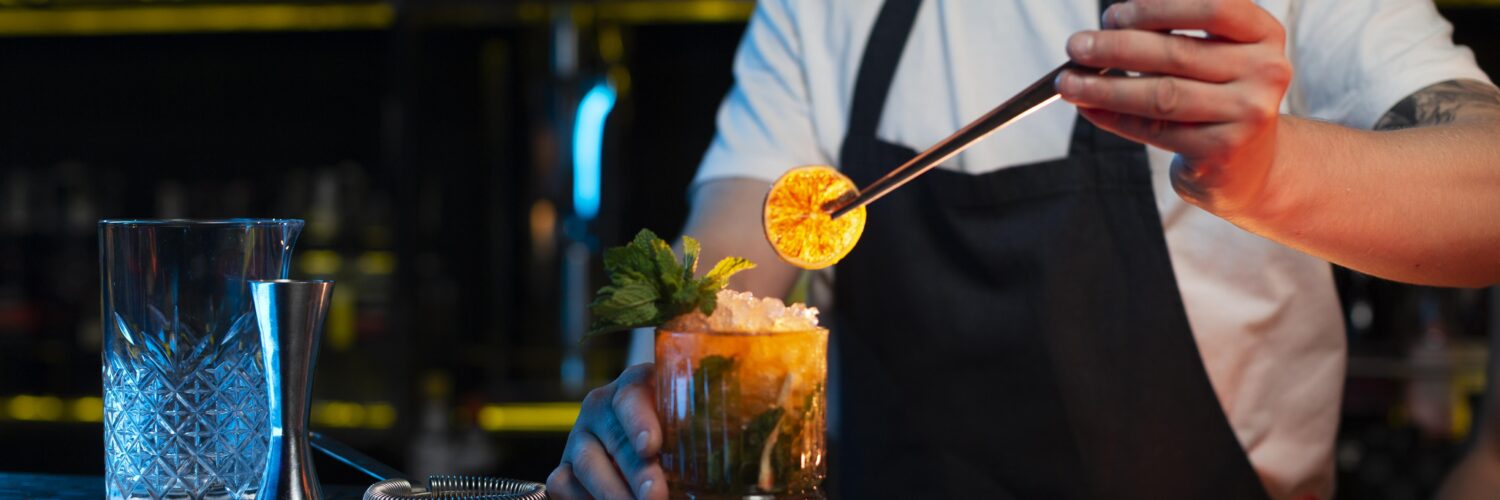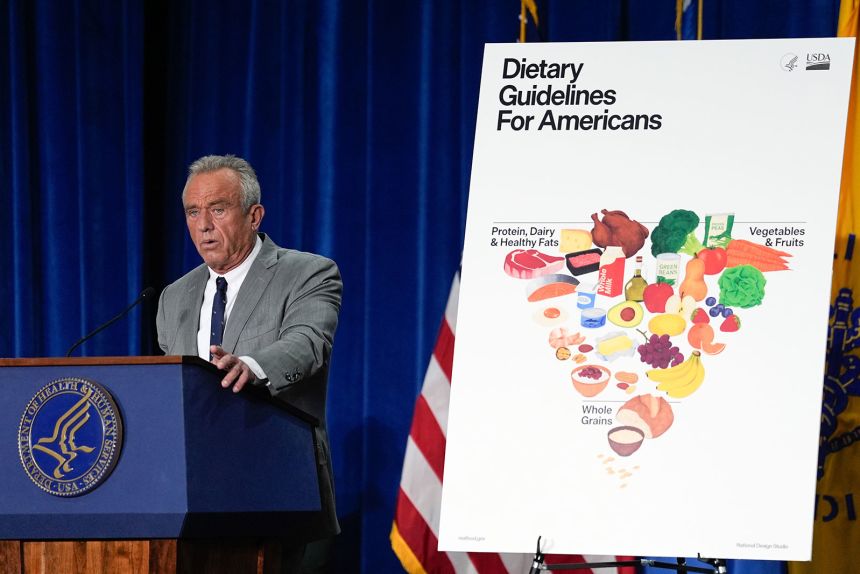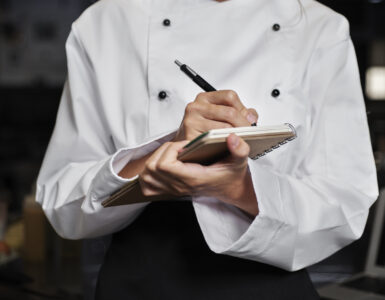Florida’s hospitality industry is celebrated for more than just its sunshine—it’s a hub of culinary creativity, signature cocktails, and an electrifying nightlife that attracts both locals and tourists year-round. From high-end fine dining restaurants in Miami to laid-back beachfront bars in the Keys and cozy cafés serving craft beer and wine in Tampa, the variety is as diverse as the clientele. However, behind the scenes of every successful food and beverage operation lies a serious layer of responsibility. Serving alcohol comes with unique legal and financial risks that cannot be ignored. Incidents involving intoxicated patrons—whether they occur on the premises or after a customer leaves—can lead to costly lawsuits, property damage, injuries, or worse. For that reason, securing liquor liability insurance for restaurants Florida is not just a smart business move; it’s a crucial safeguard. This specialized coverage helps protect restaurant owners from alcohol-related claims that general liability policies typically exclude, ensuring that one bad night doesn’t jeopardize the future of the entire business.
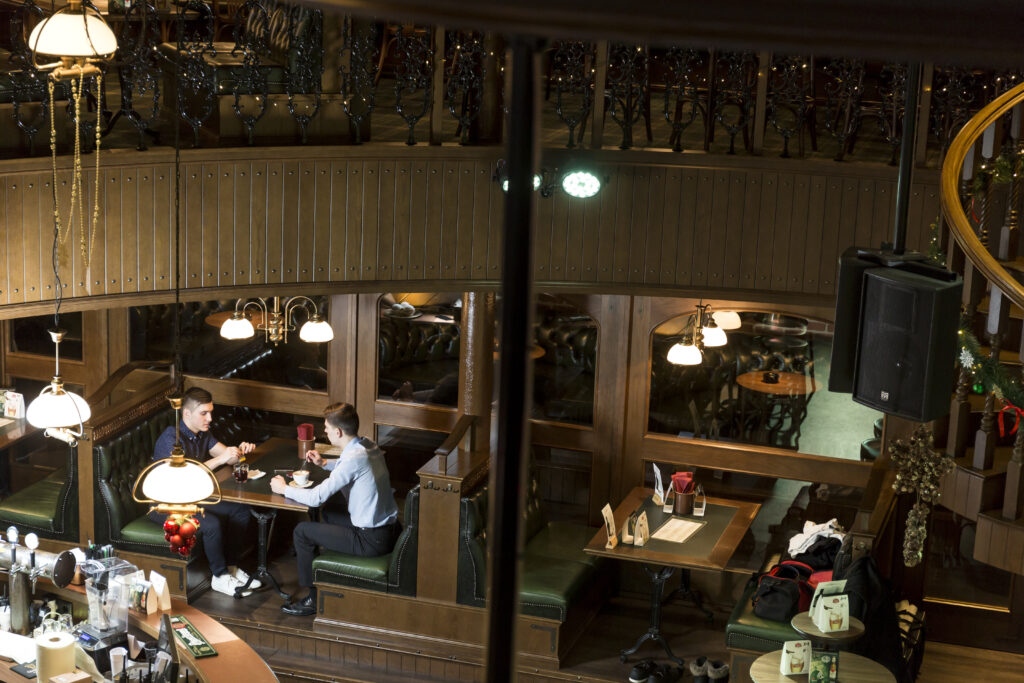
Understanding the Risks of Serving Alcohol
Alcohol service may be central to your restaurant’s identity and revenue stream, but it comes with serious responsibilities that go beyond crafting cocktails or offering wine pairings. Every drink you serve introduces a potential liability—one that can lead to lawsuits, fines, or reputational harm. That’s why liquor liability insurance for restaurants Florida isn’t just a policy—it’s a vital layer of protection for businesses operating in the hospitality space.
Third-Party Injuries and Lawsuits
Perhaps the most well-known—and costly—risk tied to alcohol service involves third-party injuries. If a patron consumes alcohol at your establishment and later causes harm to another person or property, the legal and financial consequences can circle back to your restaurant. While Florida’s dram shop laws are more limited than those in some other states, they still allow for lawsuits in specific scenarios, such as when alcohol is knowingly served to a minor or a person who is habitually addicted.
Common claims include:
- Injuries from drunk driving accidents – If a patron leaves your restaurant intoxicated and causes a collision, victims may pursue damages not only from the driver, but also from the business that served them.
- Assaults or fights involving intoxicated patrons – Alcohol-fueled altercations can lead to serious injuries among guests or staff. If your team overserved the individual involved, your business may bear part of the legal responsibility.
- Property damage caused by intoxicated guests – Whether it’s a damaged restroom, vandalized parking lot, or destruction of neighboring property, alcohol-related incidents can lead to expensive repair costs and liability claims.
Without liquor liability insurance for restaurants Florida, your general liability policy may fall short in these situations, potentially leaving you exposed to lawsuits and financial loss.
Staff Missteps and Overservice
Even experienced and well-trained employees can make mistakes. A patron may appear sober, polite, and in control—only to later cause harm due to intoxication. Unfortunately, in these cases, your business can still be held accountable for the consequences of overservice.
Training programs like responsible vendor training can help reduce the risk, but they don’t eliminate it entirely. This is why liquor liability coverage is so important: it provides defense and settlement coverage in situations where staff errors in judgment result in legal claims.
Compliance and Licensing Issues
Florida restaurants that serve alcohol must operate under a strict regulatory framework. Maintaining a valid liquor license requires following state and local rules regarding who can be served, when alcohol can be sold, and how staff should verify identification. Violations—such as serving underage patrons, overserving visibly intoxicated guests, or operating outside legal hours—can lead to:
- Hefty fines
- License suspension or revocation
- Temporary or permanent business closure
According to the U.S. Small Business Administration, maintaining compliance with all applicable regulations is a core component of managing risk for small businesses—especially those in food and beverage service.
With liquor liability insurance for restaurants Florida, owners gain critical support in the event of violations or claims related to alcohol service. Many policies also include legal defense costs, which can be essential if your business is investigated or taken to court due to a compliance issue.
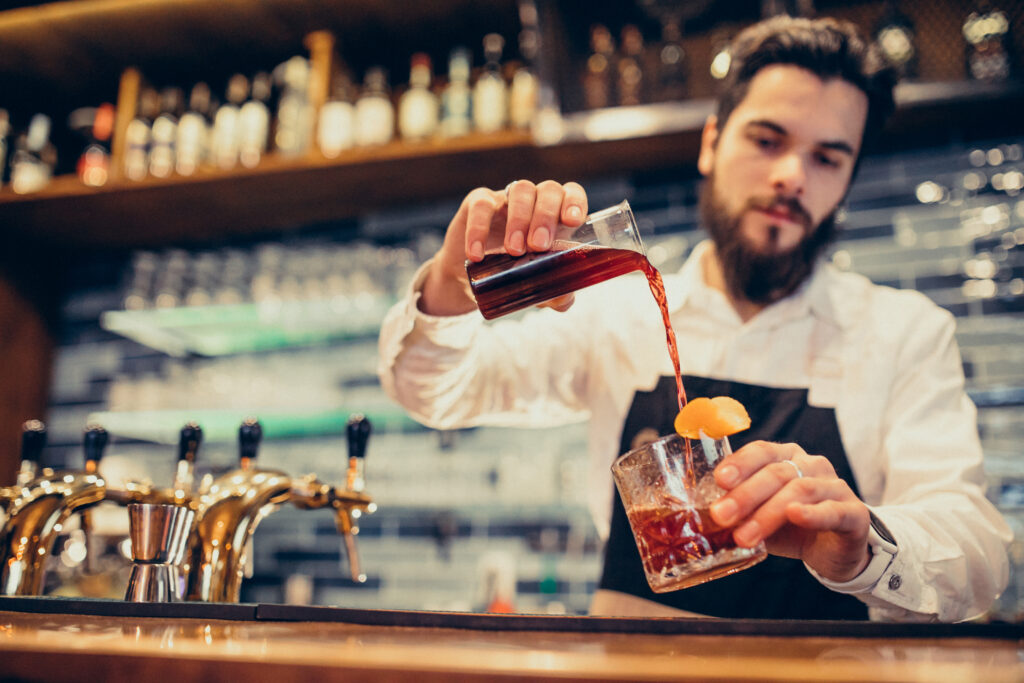
What Is Liquor Liability Insurance?
Liquor liability insurance is a specialized form of commercial insurance designed to protect businesses against claims arising from the sale or service of alcoholic beverages. For restaurants, bars, cafés, and other hospitality establishments that serve alcohol, this type of policy fills a critical gap that general liability insurance typically does not cover. Whether the incident occurs during dinner service or after a guest has left the premises, the consequences of alcohol-related harm can be severe—both legally and financially.
Liquor liability insurance for restaurants Florida is particularly important given the state’s thriving tourism industry and vibrant nightlife. Florida establishments often serve a high volume of alcoholic beverages, increasing the exposure to potential incidents such as DUIs, fights, or accidents linked to intoxicated patrons. This insurance serves as a financial safety net, helping owners manage the fallout from claims that could otherwise threaten the survival of their business.
Key Features of Liquor Liability Coverage
The best liquor liability policies offer robust, flexible protection that aligns with the realities of Florida’s hospitality sector. While coverage specifics may vary by provider, most comprehensive policies include the following features:
- Legal defense and court fees
If your restaurant is sued as a result of an alcohol-related incident, this coverage helps pay for attorneys, court costs, expert witness fees, and other litigation-related expenses—even if the claim is groundless. - Third-party bodily injury and property damage
If a customer injures someone else or damages property after being served alcohol at your establishment, your policy can cover medical bills, repair costs, and any settlements or judgments that result. - Assault and battery coverage (optional but strongly recommended)
Physical altercations are not uncommon in nightlife environments. This endorsement extends protection to claims involving fights or violent acts that may otherwise be excluded from standard coverage. - Coverage for incidents both on and off the premises
Liability doesn’t stop at your front door. If an intoxicated patron causes harm after leaving your restaurant, this policy helps protect your business from claims tied to their behavior—even if the incident occurs miles away.
In the context of Florida’s legal landscape and high foot traffic from residents and tourists alike, liquor liability insurance for restaurants Florida should never be an afterthought. It’s a strategic investment that protects your bottom line, your reputation, and your ability to stay in business when the unexpected happens.
Additionally, liquor liability insurance should be viewed as part of a comprehensive restaurant insurance coverage Florida strategy. When bundled with other essential policies—like general liability, workers’ compensation, property insurance, and business interruption coverage—it forms a strong, all-encompassing shield tailored to the unique needs of Florida’s restaurant owners.
Who Needs Liquor Liability Coverage in Florida?
Liquor liability insurance isn’t just for nightclubs or upscale cocktail bars—it’s essential for any establishment in Florida that manufactures, sells, serves, or facilitates the consumption of alcohol. From bustling full-service restaurants in Miami to casual eateries in small coastal towns, the risks of serving alcohol apply across the board. In fact, some of the most vulnerable businesses are those that serve alcohol occasionally or without robust procedures in place. Let’s break down the key types of businesses that need liquor liability insurance for restaurants Florida to operate responsibly and sustainably.
Full-Service Restaurants with Bars
Restaurants that operate full-service bars—especially those offering beer, wine, and mixed drinks—are at the highest risk for alcohol-related incidents. These establishments often experience high volumes of alcohol sales and serve a wide variety of patrons with differing levels of tolerance. In such environments, the potential for overservice or conflict escalates. A single lawsuit related to a drunk driving accident or assault could cost a business hundreds of thousands of dollars without the proper protection in place.
Liquor liability insurance for restaurants Florida provides these businesses with essential financial defense, helping to cover legal fees, settlements, and damages that can arise from alcohol-related claims.
Casual Dining and Family Restaurants
Just because your restaurant doesn’t focus on alcohol doesn’t mean you’re exempt from liability. Many casual dining spots serve beer, wine, or simple cocktails to complement meals. While alcohol sales may represent a smaller percentage of overall revenue, the risk is still present—especially if staff are not trained to spot signs of intoxication or if management lacks formal alcohol service protocols.
Ironically, restaurants that serve alcohol less frequently may be more vulnerable due to inadequate staff preparation. One untrained server making the wrong judgment call can expose the business to serious liability. That’s why liquor liability insurance is just as important for casual concepts as it is for high-volume bars.
Event Venues and Pop-Up Dining Concepts
The rise of mobile dining experiences, private catering events, and pop-up restaurants has added a new layer of complexity to alcohol service in Florida. Many of these operations function under temporary licenses or special event permits—but these do not limit the liability if an incident occurs. Whether you’re hosting a rooftop dinner with a cash bar or offering wine pairings at a seasonal pop-up, the risks remain.
For these flexible or non-traditional businesses, liquor liability insurance for restaurants Florida can be tailored to temporary needs. Many carriers offer short-term coverage options to ensure protection during festivals, private events, or limited-time engagements.
Training Matters—But Insurance Is Non-Negotiable
Organizations like the National Restaurant Association emphasize the value of responsible alcohol service training. These programs help reduce risk by teaching staff to verify IDs, recognize signs of intoxication, and de-escalate situations. However, no amount of training can eliminate all liability exposure. Accidents happen—and when they do, your business needs more than just well-meaning policies.
That’s why liquor liability coverage is considered a core component of a comprehensive restaurant insurance coverage Florida strategy. It’s not just about following best practices; it’s about having the financial safety net to back them up.
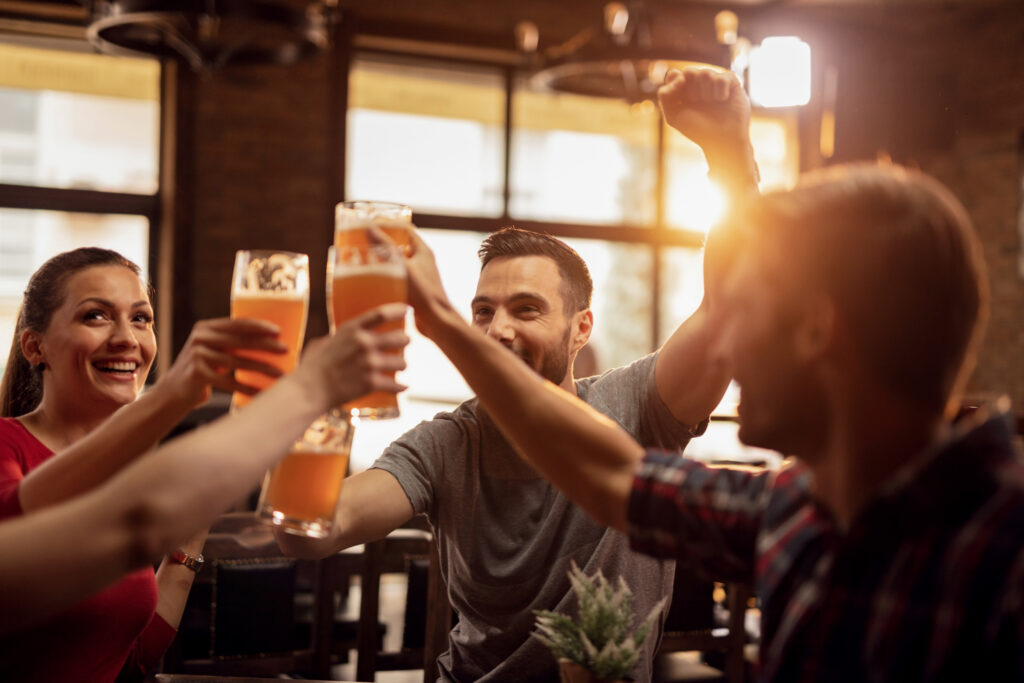
How Liquor Liability Fits Into Broader Restaurant Insurance Plans
A standalone liquor liability policy offers focused protection, but it’s most effective when bundled with other essential coverages like:
General Liability Insurance
Protects against common risks such as slip-and-fall incidents, property damage, and advertising injuries. Often required to sign leases or vendor contracts.
Business Owners Policy (BOP)
Combines general liability, commercial property insurance, and business interruption coverage. This package is ideal for restaurants looking for affordable restaurant insurance plans in Florida.
Workers’ Compensation Insurance
Covers employee injuries, including accidents that occur in high-traffic bar or kitchen areas.
Commercial Property Insurance
Protects physical assets such as the building, bar equipment, POS systems, and liquor inventory.
According to the Insurance Information Institute, bundling policies not only saves money but also simplifies the claims process.
Real-World Scenarios Where Liquor Liability Coverage Helps
Example 1: Drunk Driving Accident
A patron leaves your restaurant after several drinks and later causes a car accident. Even though they left your premises, your establishment may be named in the lawsuit. Liquor liability insurance helps cover legal defense and possible settlement costs.
Example 2: Altercation in the Bar
Two guests get into a fight after heavy drinking. One is injured and sues your restaurant for damages, claiming you overserved the aggressor. A policy with assault and battery coverage can absorb the legal burden.
Example 3: Underage Drinking Incident
An employee fails to check ID properly, and an underage guest is served alcohol. The resulting fine and possible license suspension can be devastating—unless covered by insurance.
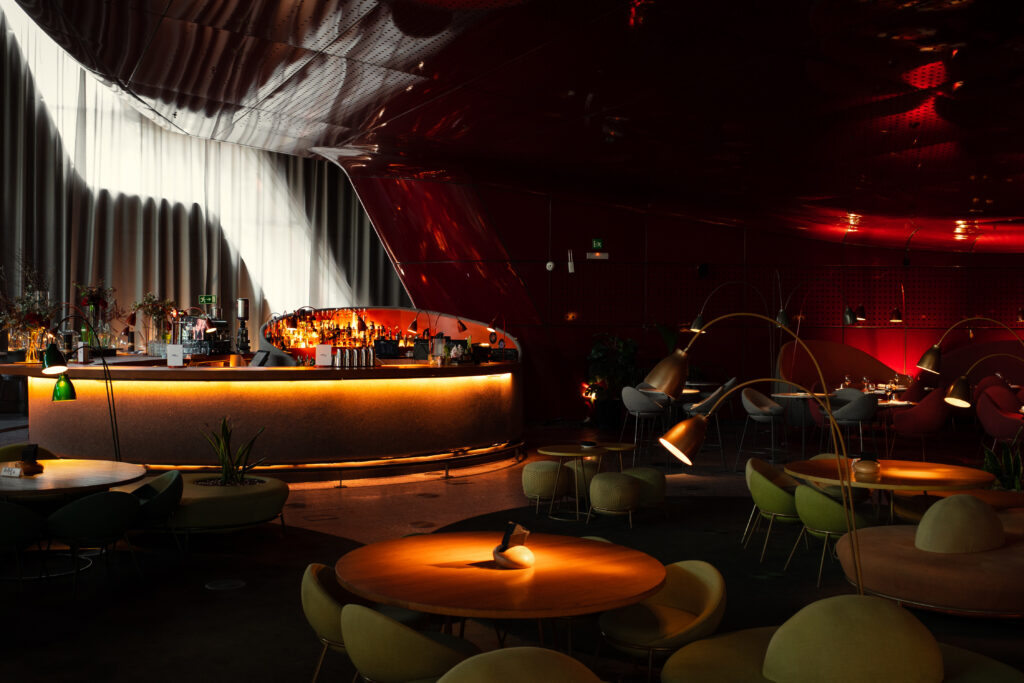
What Florida Restaurant Owners Should Look for in a Liquor Liability Policy
Not all liquor liability policies are created equal. For Florida restaurant owners, selecting the right coverage means going beyond basic limits and price points. It’s about finding a policy that reflects your unique risk exposure, aligns with your operational realities, and complements your overall insurance strategy. Here’s what to prioritize when evaluating liquor liability insurance for restaurants Florida.
Tailored Limits and Deductibles
Every restaurant has a different risk profile, and your policy should reflect that. A high-capacity bar in downtown Orlando will likely require broader coverage than a boutique wine café in Gainesville. Consider your alcohol sales volume, operating hours, clientele, and location. Choose coverage limits and deductibles that are proportional to your potential liability exposure—not just what fits the minimum requirements. Undervaluing these figures can leave you vulnerable when it matters most.
Add-Ons and Endorsements That Fill Gaps
Many standard liquor liability policies can be enhanced with endorsements that add critical layers of protection. Consider the following options:
- Assault and battery coverage – Highly recommended for venues with nightlife traffic or late-night service, this covers claims from physical altercations involving intoxicated patrons.
- Hired and non-owned auto liability – Essential if your staff use personal vehicles to transport alcohol or supplies.
- Cyber liability – Useful if you operate digital ordering systems, accept online payments, or store customer data.
These add-ons can make a significant difference in your ability to respond to complex or unexpected claims—especially those not directly related to alcohol but connected through broader liability.
Insurer Reputation and Claims Experience
Fast and fair claims resolution is crucial in the hospitality industry. A delayed or mishandled claim can halt operations and damage your reputation. Look for providers with:
- A strong track record of servicing restaurant and bar clients in Florida
- Transparent, responsive claims processes
- Industry-specific knowledge of hospitality risks
Partnering with an insurer that understands the pace and nuances of food and beverage service ensures smoother handling when issues arise.
Alignment with Your Broader Insurance Plan
Your liquor liability policy should not exist in a vacuum—it needs to integrate seamlessly with your full risk management portfolio. That includes your restaurant commercial property insurance Florida, general liability, and business interruption coverage. Gaps or overlaps in coverage can result in denied claims or wasted premium costs. Work with an independent agency that can design a coordinated policy structure that reflects the complexity of your business—not just your liquor license.
At the end of the day, investing in the right liquor liability insurance for restaurants Florida isn’t just about protecting against legal threats—it’s about building a resilient, well-insured operation that can thrive in a competitive and high-stakes industry.
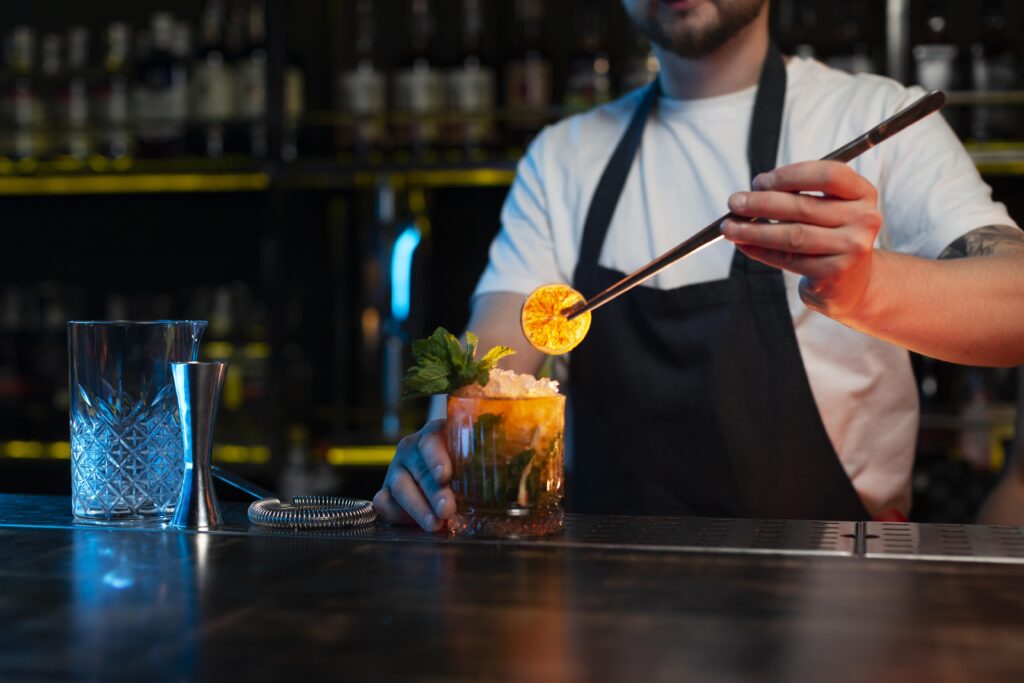
Common Mistakes to Avoid
Choosing the right insurance coverage is essential, but just as important is knowing what not to do. Many restaurant owners unintentionally leave themselves exposed to major risks by making avoidable missteps—especially when it comes to alcohol-related liability. If your business serves beer, wine, or spirits in any capacity, avoiding these common mistakes can save you from costly consequences down the road.
Relying Solely on General Liability
One of the most critical misunderstandings in the hospitality industry is assuming that general liability insurance covers alcohol-related incidents. In most cases, it doesn’t. General liability policies are designed to protect against basic third-party claims—like slips and falls—but exclude coverage for incidents caused by intoxicated patrons. That means if someone you served causes a drunk driving accident, starts a fight, or damages property, your general policy likely won’t help.
This is why liquor liability insurance for restaurants Florida is non-negotiable. Without it, your business could face legal costs, medical bills, and damage claims entirely out of pocket.
Underestimating Risk
It’s a common assumption: “We’re just a small café, we don’t serve that much alcohol.” But size doesn’t equal immunity. Even small or low-volume alcohol-serving establishments are exposed to liability. In fact, they may be more vulnerable, especially if they lack formal service protocols or staff training. One glass of wine served to the wrong person—such as a minor or a patron who is already intoxicated—can result in a serious lawsuit.
Many liquor-related claims involve seemingly minor interactions that escalate. A single incident can lead to tens or hundreds of thousands of dollars in legal fees, settlements, or court judgments. For smaller operations without liquor liability insurance, this could spell bankruptcy.
Ignoring Employee Training
Insurance is a powerful safety net—but it’s not a substitute for proper procedures. Employee training is a first line of defense against liability claims. Well-trained staff can recognize signs of intoxication, avoid overserving, verify IDs effectively, and de-escalate tense situations. But without training, even the best policy can’t prevent the reputational or operational damage that follows a major incident.
The most effective approach to risk management combines liquor liability insurance for restaurants Florida with consistent, documented training programs. Resources like the National Restaurant Association ServSafe Alcohol Program offer practical tools to ensure your team is prepared.
Insurance and Compliance: A Joint Responsibility
In Florida, restaurants must comply with both state regulations and insurance policy terms. This includes:
- Displaying proper signage
- Checking IDs diligently
- Maintaining liquor licenses in good standing
- Reporting incidents promptly to your insurer
These actions reduce both the likelihood of incidents and the risk of denied claims.
The Cost of Liquor Liability Insurance in Florida
Factors That Affect Premiums
- Type of establishment
- Volume of alcohol sold
- Location and crime rates
- Claims history
- Policy limits and deductibles
Premiums can range from $500 to $5,000+ annually. The best way to determine cost is to compare restaurant insurance quotes Florida with reputable agents who specialize in the hospitality industry.
Taking the Next Step: Protecting More Than Just Your Menu.
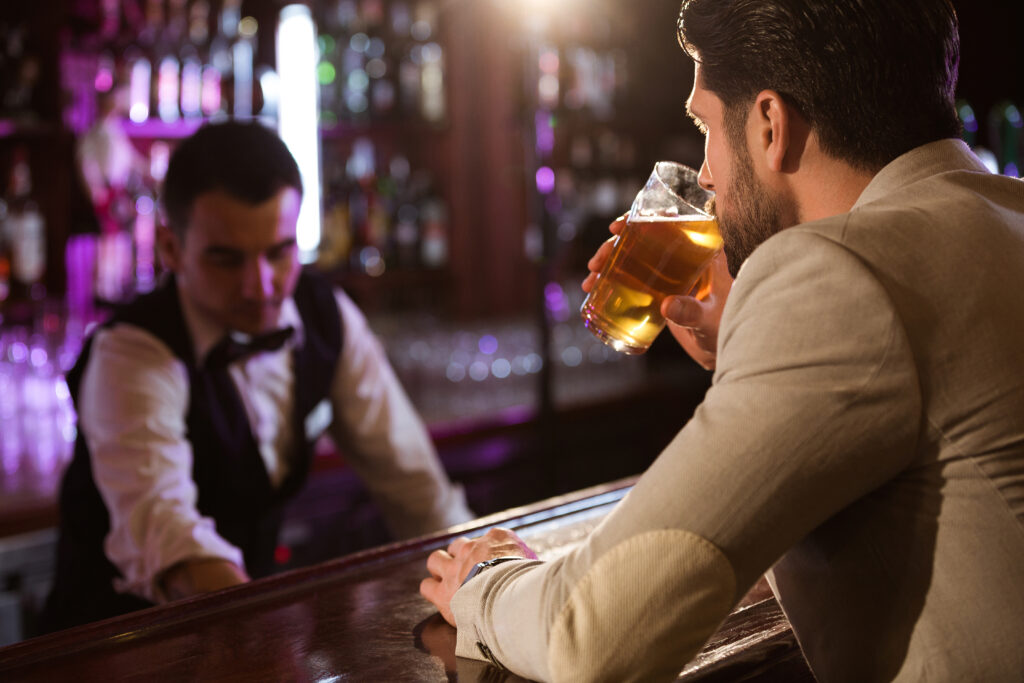
For restaurant owners, bar operators, and café managers across Florida, serving alcohol represents both a lucrative opportunity and a significant legal responsibility. Whether it’s a full cocktail menu, a curated wine list, or casual beer service, every drink poured carries potential liability. But with the right protections in place, that risk becomes a manageable—and insurable—part of doing business.
Securing liquor liability insurance for restaurants Florida isn’t just about meeting licensing requirements or checking a compliance box. It’s about ensuring your business is prepared for the real-world challenges of alcohol service. The most effective policies are those that reflect your actual risk profile, from your location and volume of alcohol sales to your staff training and type of clientele.
Those exploring coverage options should begin with a thorough risk assessment and policy review. By aligning liquor liability insurance with your operational realities, you’re doing more than protecting your bar—you’re safeguarding your brand, your assets, and your long-term success.
For operators seeking guidance, Commercial Insurance Services (CIS) is a trusted resource for restaurant and hospitality professionals across Florida. With deep expertise in the food and beverage industry,Commercial Insurance Services (CIS) helps businesses design tailored insurance strategies that go beyond basic protection to address real exposure.
Ready to take the next step?
Visit Commercial Insurance Services (CIS) to explore customized coverage options, schedule a policy review, or speak with a licensed insurance professional.
Protect more than just your menu—protect the future of your business.

